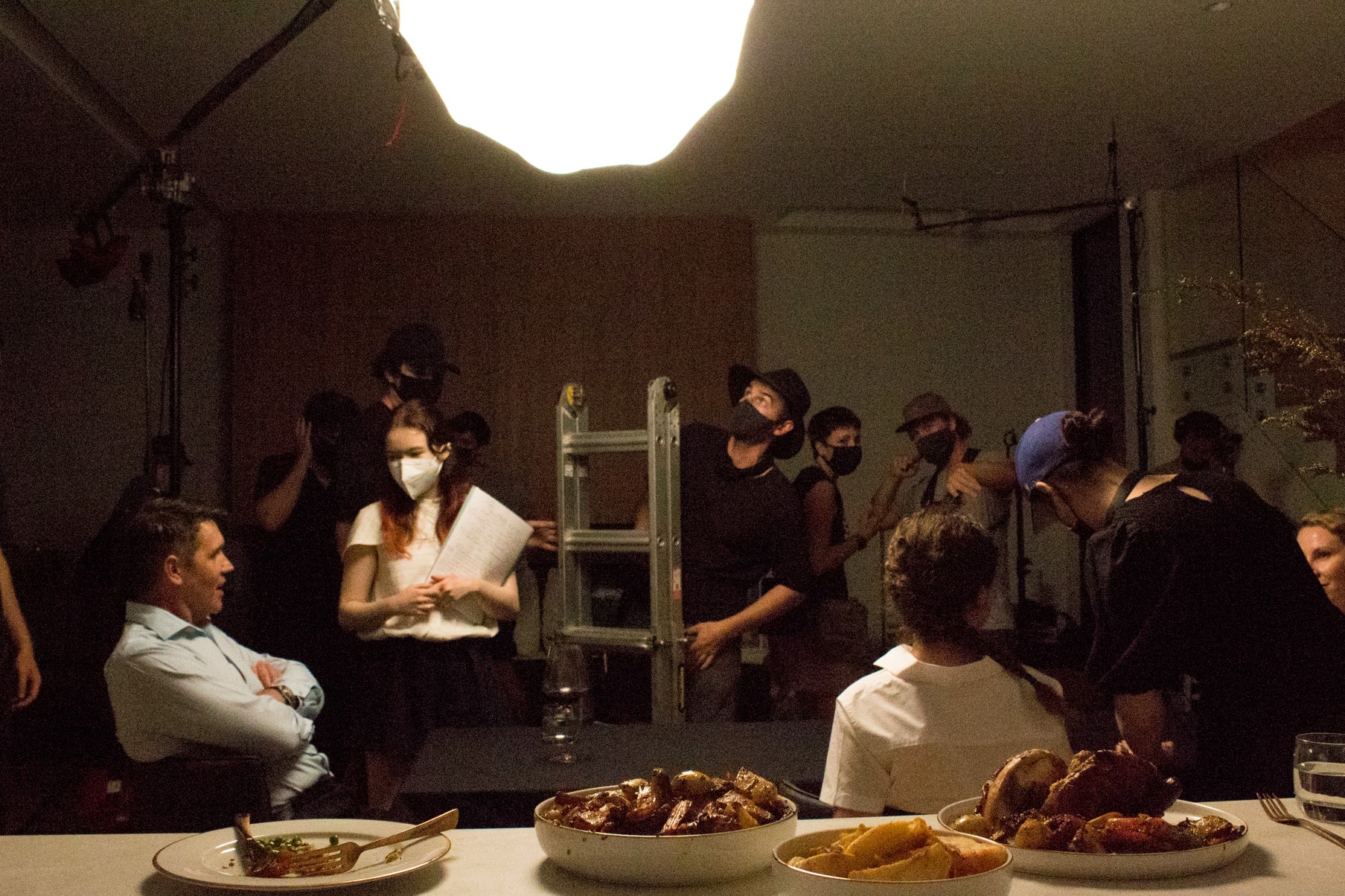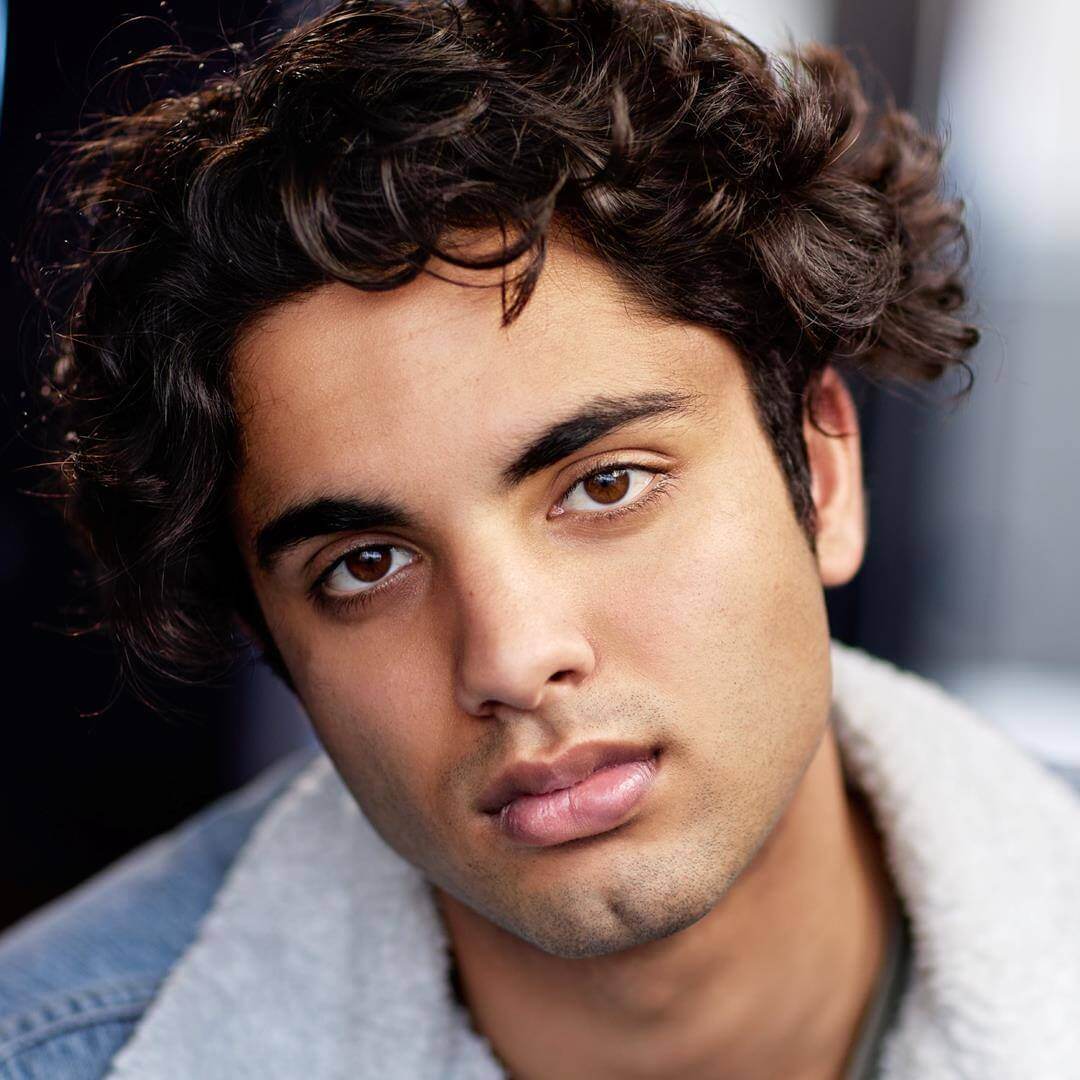Writer-director Natalia Stawyskyj drew on her own experience to tell a powerful story about embracing individuality in her film All Silent Dogs

Ahead of the world premiere of All Silent Dogs at the 69th Sydney Film Festival in June, Natalia spoke to Screen NSW about her determination to bring the story to the big screen, and how the experience has helped her develop as a filmmaker.
Congratulations on having your film All Silent Dogs selected to screen at the 69TH Sydney Film Festival (SFF) as part of the Screenability Program. How does it feel to have your film chosen to be on the big screen at such a prestigious film festival?
Thank you, it is incredibly exciting to have the opportunity to screen All Silent Dogs at Sydney Film Festival! For me, this is the culmination of many years of work not only getting this film off the ground but progressing my skills to the point that I was able to create a film worthy of inclusion.
It has been a long hard road, but this does feel like a wonderful reward. I cannot wait to share this film with an audience, and I hope they can take something away from the experience.
All Silent Dogs tells the story of Ylva, a teenage girl who must make a choice – give up her ability to transform into a dog or face the societal consequences of keeping it. Can you tell us about where the idea for this film came from?
This film came from two places. Firstly, I’ve always had a passion for genre cinema. It is a beautiful way to explore humanity and the questions that plague us. I realised that, despite this passion, I had a dearth of Fantasy and sci-fi screenplays in my catalogue. That was the day that the bones of All Silent Dogs was created.
Secondly, All Silent Dogs is a deeply personal story for me, it is drawn from my experience of developing a disabling chronic illness as a teenager. I wanted to share the experience of my post-diagnosis youth, which was one of ostracisation and discrimination, and a struggle to retain myself amidst that. I also wanted to explore how our choices shape us and the conflict and tension between our internal and external identity.
All Silent Dogs explores the themes of difference and embracing our individual qualities and all that comes with that. Why was it important to you to explore this theme in the film?
In life there can often be a pressure to be someone you are not and I think that pressure is particularly pronounced when you have a disability. There is a pressure to mask your symptoms. A pressure to not express yourself honestly to not make others uncomfortable. A pressure to fulfil the role of a meek, subservient person.
Through All Silent Dogs I wanted to show someone who found a way to shed all of that and stand up for who they are even as the tempest raged. Society still has a long way to go when it comes to acceptance and inclusion of people with disability but there is a lot of power in embracing oneself.
Through this film I wanted to give some hope to those who need it. The assurance that they will find the freedom and peace they seek and the knowledge that there is room and a place for all of us.
How has the experience of making All Silent Dogs helped you develop as a director and screenwriter?
Making All Silent Dogs allowed me to work with some brilliant people who gave so much to the film and from whom I learnt so much.
I was privileged to have many beautiful people in the cast and crew who were patient with and kind to me as I grew through the process. I learnt by witnessing their artistic practice and by them taking the time to answer my questions.
I was also lucky enough to have the support of Yolanda Ramke as my mentor. Endlessly watching masterclasses will never give the growth that comes from practising our artform. Bringing All Silent Dogs to fruition has been a step in my development as a filmmaker.
As a filmmaker why do you think initiatives like Screenability are important in creating opportunities for screen creatives living with disabilities, and what do you think needs to be done to make it more of a level playing field in the industry?
For these past months, my life has been filled with meditations on access and inclusion in the film industry. There are many facets I could discuss from the lack of accurate, substantive, and statistically representative on-screen representation to the overall structural failings. But I think the most important and hardest problem to address is the dense attitudinal barriers people with disability face when working in the film industry.
Sadly, a lot of the challenges we deal with come down to a lack of empathy, understanding and knowledge. I have found there to be a general inflexibility in the film industry with an overriding supposition that having to work differently means that you cannot do the job.
Working with a person with disability often means having to make space for them, which I have found that people can be unwilling to do. I have also dealt with discriminatory comments throughout my entire career. I have had many wonderful experiences in the film industry where I have been treated with dignity and respect but unfortunately there is not enough paint in those good moments to cover the bad.
The industry at large still has a distance to tread, which is why disability-centric initiatives are incredibly important. Not only does it allow us to showcase our skills and capacity, but traditional industry pathways are still frequently inaccessible. This kind of support is necessary and greatly appreciated as we try to take our place in the industry.
All Silent Dogs will be screening with Straighten Up and Fly Right at the 69th Sydney Film Festival as part of the Screenability suite of films from 14-19 June 2022.
The Screenability Filmmakers Fund is part of a suite of initiatives under Screenability NSW, an open-ended policy commitment by Screen NSW to work with industry to grow participation in the screen sector by NSW-based filmmakers with disability. Find out more about Screenability here.

